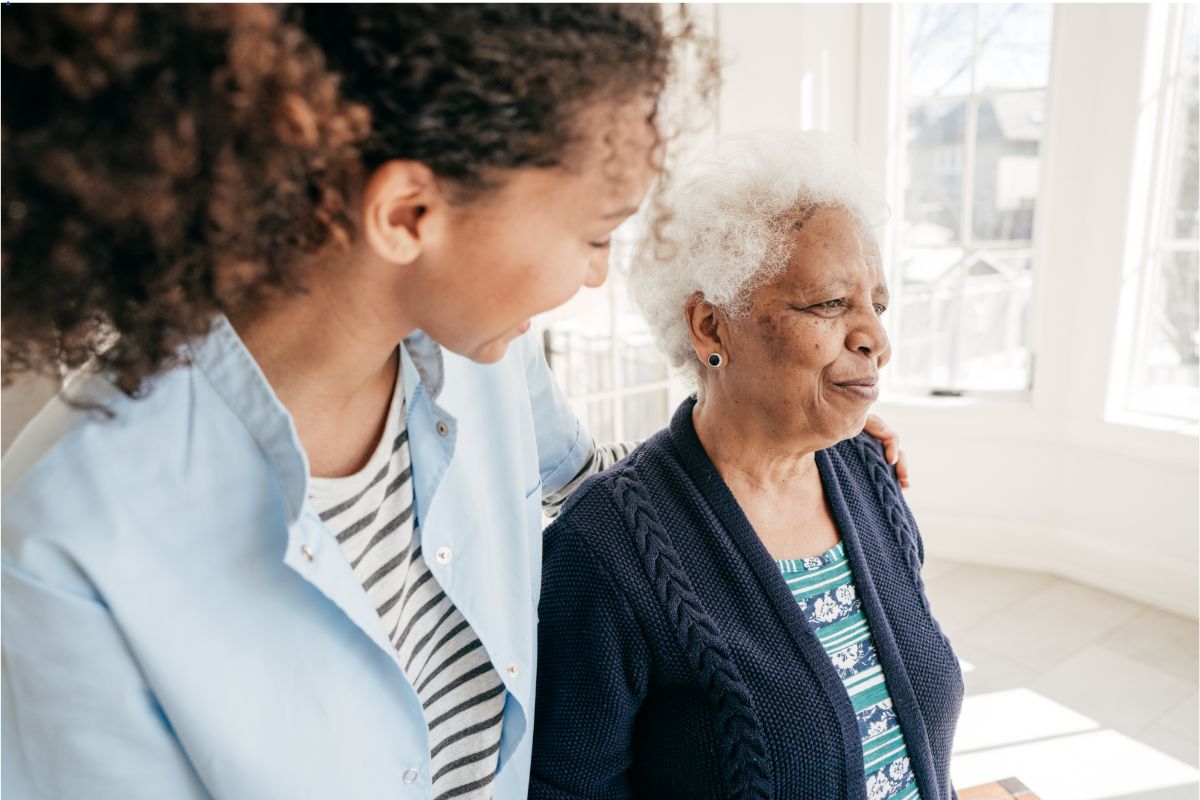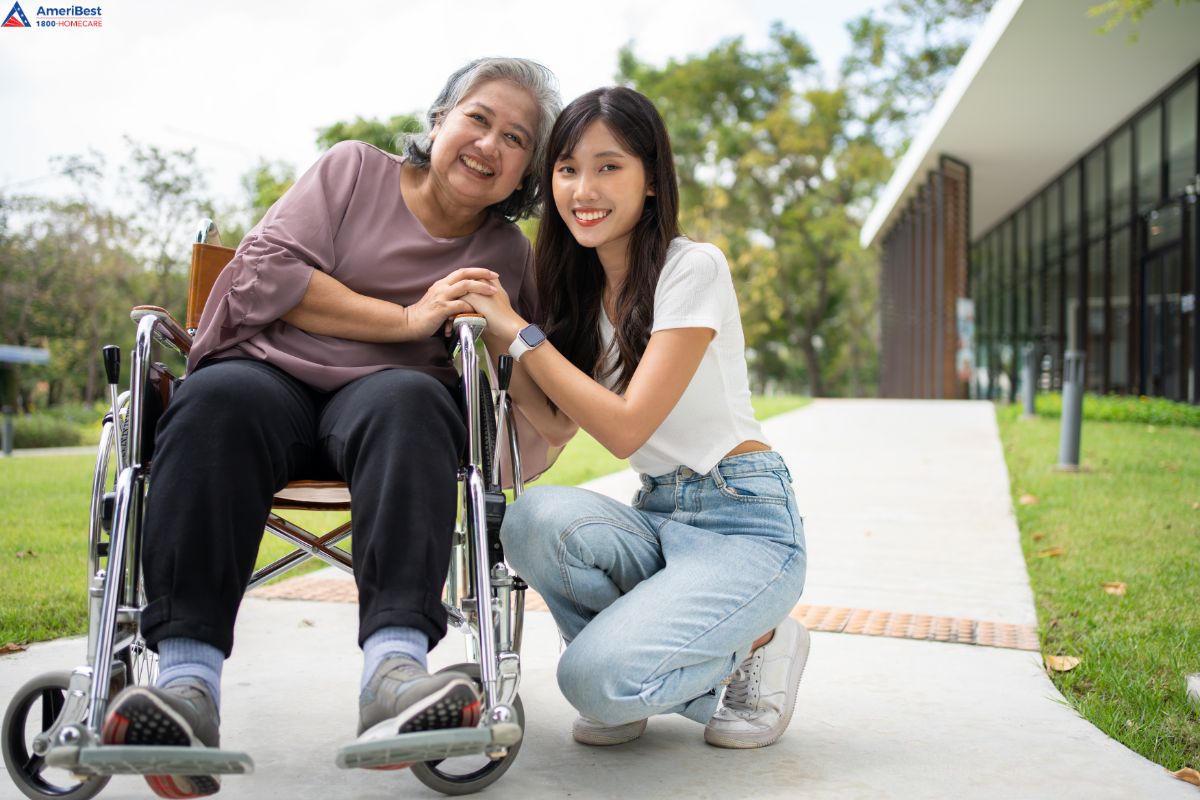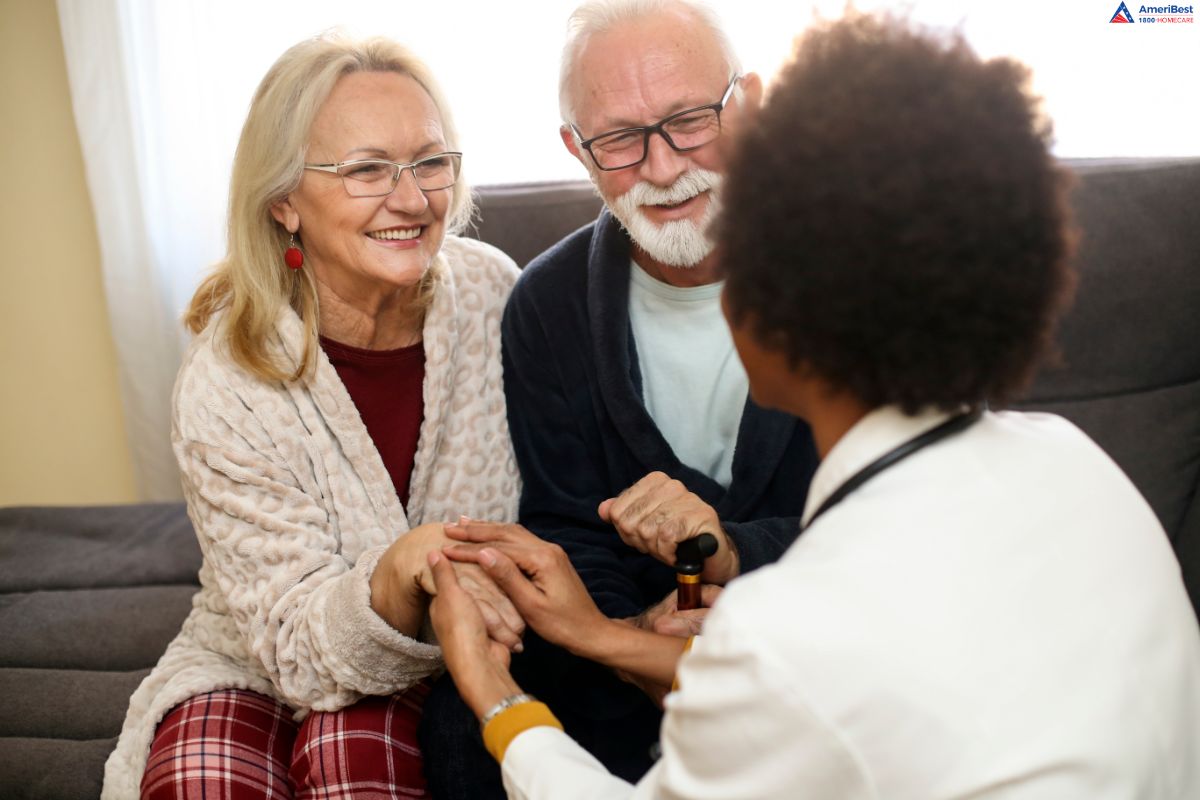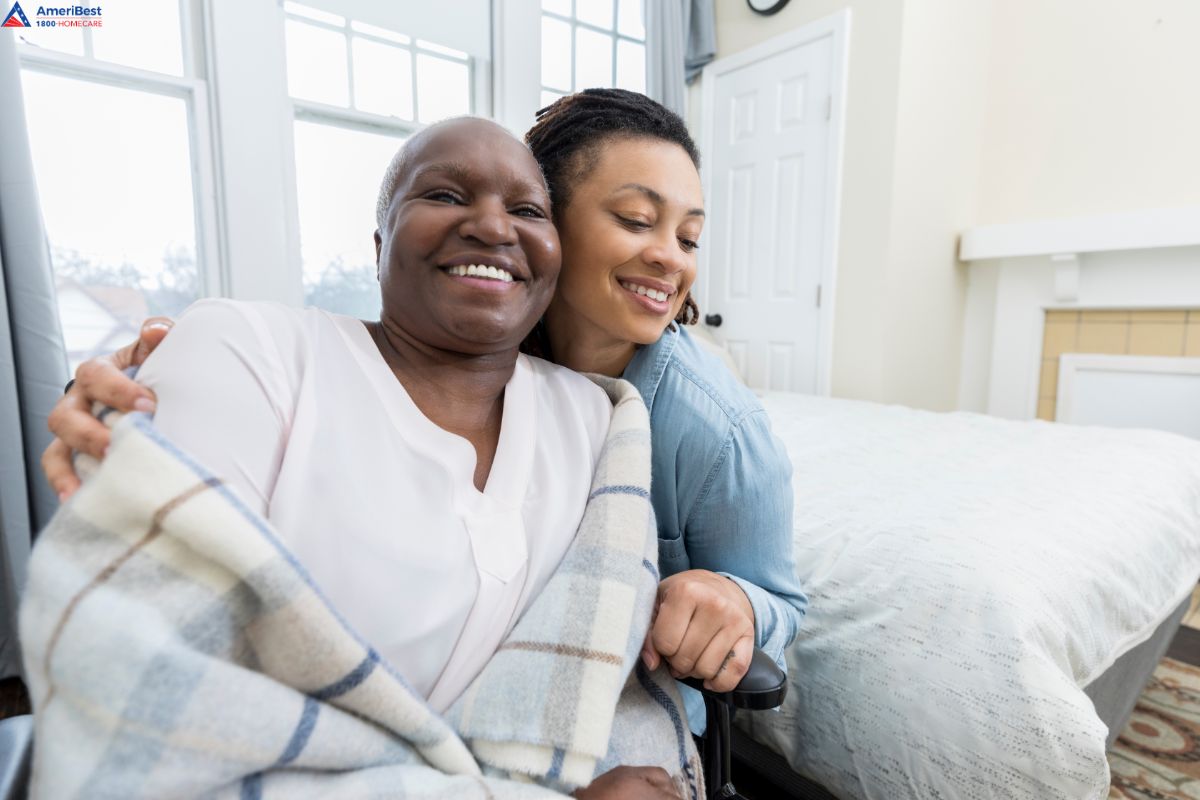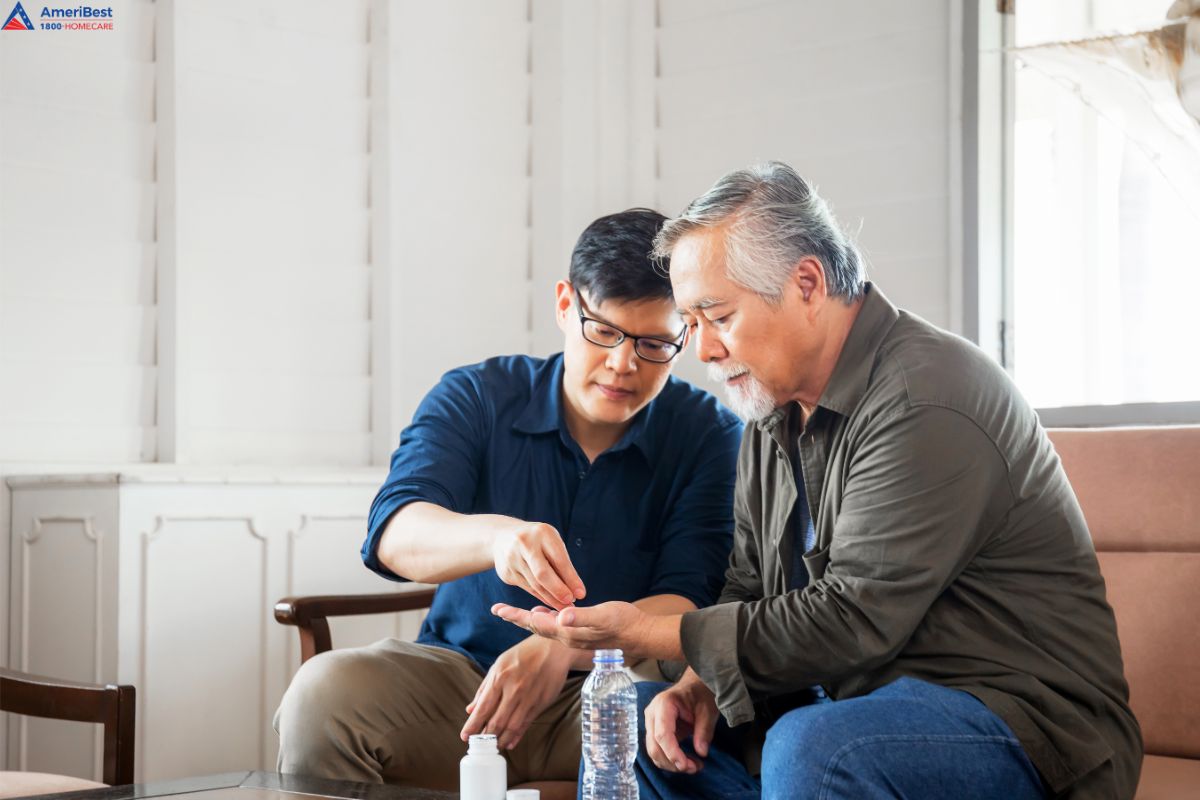As our loved ones age, it can be clear when they need extra assistance. However, deciding when a loved one would benefit from home care can be more challenging. Many seniors wish to maintain their independence, but there may come a time when professional help is necessary to ensure their safety, health, and quality of life. Recognizing the signs that indicate the need for in-home caregiving is essential for families. If you’re noticing changes in your loved one’s behavior, physical abilities, or overall well-being, it may be time to consider home care in Allentown, PA.
Here are the key signs to look for.
Difficulty with Daily Activities
One of the earliest signs that your loved one may need help is if they are struggling to complete basic daily tasks. These activities, often referred to as Activities of Daily Living (ADLs), include:
- Hygiene like bathing and grooming
- Dressing
- Eating
- Using the restroom
- Mobility, such as moving through their home or getting in and out of bed or chairs
If your loved one finds it difficult to manage these essential tasks on their own, home care can provide the support they need to maintain their dignity and health.
Frequent Falls or Balance Issues
A decline in physical coordination and balance is common as people age. But frequent falls or difficulty walking can be scary, posing a serious risk of injury to your loved one. Signs may include:
- Unsteady walking or frequent stumbling
- Bruises or unexplained injuries from falls
- Fear of moving around due to balance concerns
Home caregivers can assist with mobility, help prevent falls, and ensure your loved one’s home is safe and free of hazards.
Personal Hygiene Concerns
Another clear sign that your loved one may need home care is a decline in personal hygiene. Changes in how concerned they are with personal appearance or cleanliness could be a sign of physical or cognitive decline. You may see:
- Strong body odor
- Unwashed hair
- Wearing dirty or inappropriate clothing
- Poor oral hygiene
Home caregivers are trained and experienced in assisting with bathing, grooming, and dressing, ensuring that your loved one maintains proper hygiene and feels comfortable and confident.
Forgetfulness
Mild forgetfulness is a normal part of aging. Still, when memory loss begins to interfere with your loved one’s ability to live safely and independently, it may be time to consider increasing their support at home. Signs of memory issues include:
- Forgetting to take medication
- Missing important appointments
- Getting lost in familiar places
- Difficulty remembering names or recognizing people
Medication management, help with appointments, and compassionate monitoring to ensure your loved one remains safe and engaged are all parts of what skilled home caregivers do.
Changes in Mood or Behavior
Seniors who live alone or struggle with daily tasks may experience emotional and behavioral changes. These can include:
- Social withdrawal or isolation
- Increased irritability or frustration
- Sudden changes in personality
- Signs of depression or anxiety
A significant benefit of having a home care aide or family caregiver is emotional support. Caregivers provide companionship and social interaction, helping address the unaddressed health problem of loneliness and isolation in older adults.
Weight Loss or Diet Concerns
If you notice sudden weight loss in your loved one or that they aren’t eating properly, it’s a strong indicator they may need assistance. Look for these signs:
- Empty or expired food in the refrigerator
- Difficulty preparing meals or lack of interest in cooking
- Eating the same thing every day or skipping meals altogether
Home caregivers can help prepare nutritious meals, ensure proper hydration, and even assist with grocery shopping and transportation to support your loved one’s dietary needs.

Recognizing the Need for Home Care in Allentown, PA
Caring for an aging loved one can be overwhelming, but recognizing the signs that they may need additional support is the first step in ensuring their well-being. Professional caregivers like those at AmeriBest Home Care can provide personalized care, allowing your loved one to age safely and comfortably in the familiar environment of their home. We also provide the opportunity for family members to get paid to take care of their loved ones because who is more familiar and comforting to your family member than you?
Our caregivers are trained to assist with daily tasks and provide medication reminders, meal preparation, and emotional support so your loved one can thrive as they age. Contact us today to learn more about how we can help your family navigate this important transition.
We are conveniently located in Allentown, Harrisburg, and Philadelphia to assist you with your senior care needs.
Call us at 1-800-HOMECARE to learn more about how we can help.














